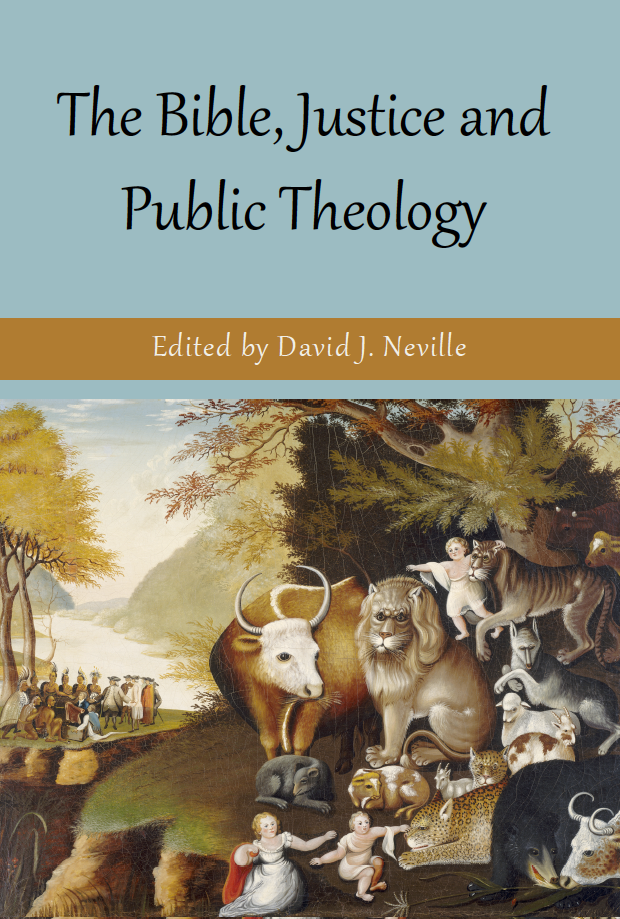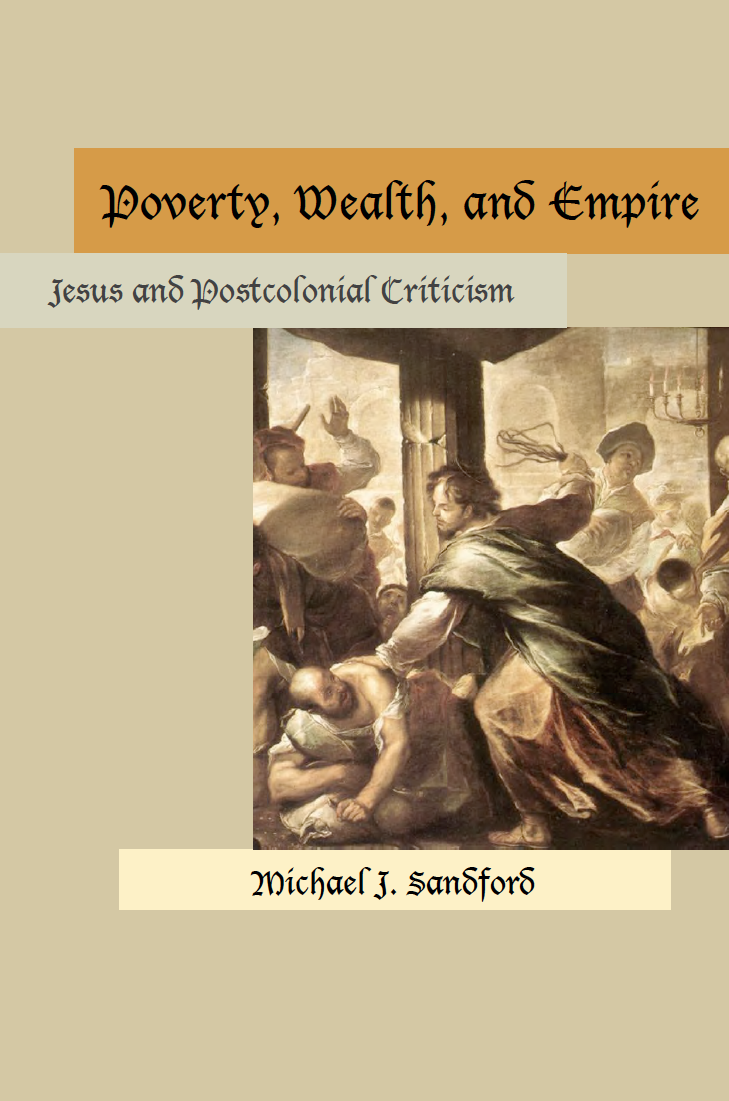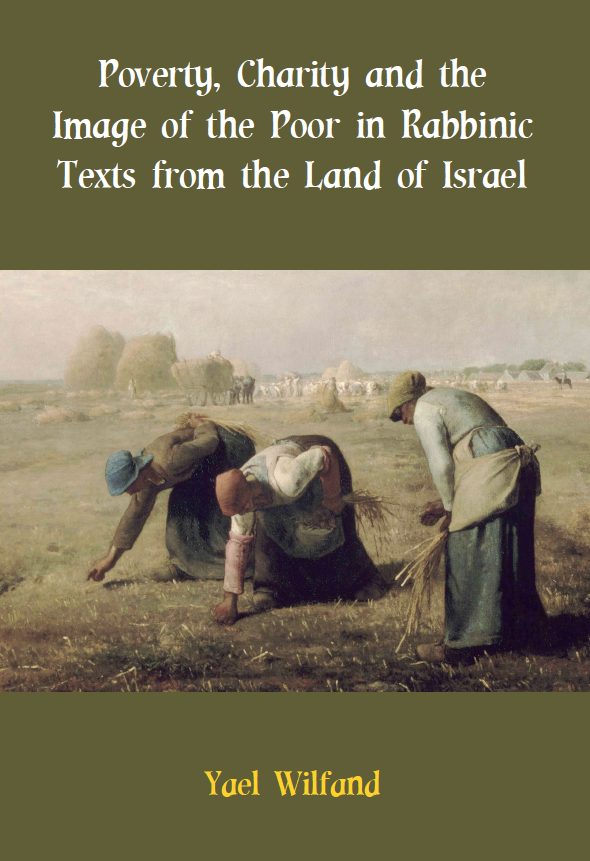The Bible, Justice and Public Theology
Published: May 2014
£60.00
Public theology is a developing field of discourse concerned to address matters of pressing public concern in theological perspective for the common good. Themes of ecology, poverty, human rights and especially justice feature prominently in its discourse. Although justice is also a prominent theme in the Bible, there is no single perspective on what constitutes justice in the Bible and no single view on how biblical perspectives on justice should contribute to contemporary discussion regarding the meaning and implementation of justice.
Informed and inspired by Christopher Marshall's landmark work on Compassionate Justice (Cascade Books, 2012) in dialogue with Jesus' parables of the Good Samaritan and the Prodigal Son, this collection of studies addresses various interrelations between the Bible, justice and public theology. Marshall himself proposes that certain parables of Jesus are paradigmatic for public theology, and some contributors respond to different dimensions of his treatment of the parables of the Good Samaritan and the Prodigal Son in terms of restorative justice.
Other contributors, by contrast, examine broader related concerns such as justice in biblical, theological and philosophical perspective, the hermeneutics of engagement for justice, the relation between feminist theology and restorative justice, biblical resources for public theology, and popular culture as both a conversation partner with and a medium for public theology.
The Bible, Justice and Public Theology
£60.00
Public theology is a developing field of discourse concerned to address matters of pressing public concern in theological perspective for the common good. Themes of ecology, poverty, human rights and especially justice feature prominently in its discourse. Although justice is also a prominent theme in the Bible, there is no single perspective on what constitutes justice in the Bible and no single view on how biblical perspectives on justice should contribute to contemporary discussion regarding the meaning and implementation of justice.
Informed and inspired by Christopher Marshall's landmark work on Compassionate Justice (Cascade Books, 2012) in dialogue with Jesus' parables of the Good Samaritan and the Prodigal Son, this collection of studies addresses various interrelations between the Bible, justice and public theology. Marshall himself proposes that certain parables of Jesus are paradigmatic for public theology, and some contributors respond to different dimensions of his treatment of the parables of the Good Samaritan and the Prodigal Son in terms of restorative justice.
Other contributors, by contrast, examine broader related concerns such as justice in biblical, theological and philosophical perspective, the hermeneutics of engagement for justice, the relation between feminist theology and restorative justice, biblical resources for public theology, and popular culture as both a conversation partner with and a medium for public theology.
Poverty, Wealth, and Empire: Jesus and Postcolonial Criticism
Published: Mar 2014
£45.00
Poverty, Wealth, and Empire presents an antidote to the liberal Jesuses that are constantly being constructed by theologians and historians in universities and seminaries in the West. Sandford's programme is to pay attention to those texts where Jesus appears hostile to his audiences, or even invokes the idea of divine judgment and violence against certain groups. Drawing on a variety of texts in the synoptic gospels, Sandford finds violent denouncements of the rich and those who neglect the needy to be a consistent theme in Jesus' teaching.
Rather than deploying biblical texts to support an anti-imperial or liberationist agenda, Sandford foregrounds troubling and problematic texts. Among them are wisdom sayings that justify poverty, texts that denigrate particular ethnic groups, and the ideology inherent in Jesus' teachings about the 'the Kingdom of God'. On such a basis Sandford is able to call into question the effectiveness of mainline Christian scholarly interpretations of Jesus in dealing with the most profound ethical problems of our time: poverty, domination and violence.
Always alert to the assumptions and prejudices of much Western New Testament scholarship, Sandford draws attention to its intellectual contradictions, and, furthermore, to the way in which this scholarship has sometimes served to undergird and justify systems of oppression —in particular by its demonstrable dodging of the issue of material poverty and its causes. Building on recent debates in postcolonial biblical criticism, Sandford offers a decidedly 'illiberal' reading of Jesus' sayings on divine judgment, focusing on the paradoxical idea of a 'nonviolent' Jesus who nevertheless pronounces divine violence upon the rich.
Poverty, Wealth, and Empire: Jesus and Postcolonial Criticism
£45.00
Poverty, Wealth, and Empire presents an antidote to the liberal Jesuses that are constantly being constructed by theologians and historians in universities and seminaries in the West. Sandford's programme is to pay attention to those texts where Jesus appears hostile to his audiences, or even invokes the idea of divine judgment and violence against certain groups. Drawing on a variety of texts in the synoptic gospels, Sandford finds violent denouncements of the rich and those who neglect the needy to be a consistent theme in Jesus' teaching.
Rather than deploying biblical texts to support an anti-imperial or liberationist agenda, Sandford foregrounds troubling and problematic texts. Among them are wisdom sayings that justify poverty, texts that denigrate particular ethnic groups, and the ideology inherent in Jesus' teachings about the 'the Kingdom of God'. On such a basis Sandford is able to call into question the effectiveness of mainline Christian scholarly interpretations of Jesus in dealing with the most profound ethical problems of our time: poverty, domination and violence.
Always alert to the assumptions and prejudices of much Western New Testament scholarship, Sandford draws attention to its intellectual contradictions, and, furthermore, to the way in which this scholarship has sometimes served to undergird and justify systems of oppression —in particular by its demonstrable dodging of the issue of material poverty and its causes. Building on recent debates in postcolonial biblical criticism, Sandford offers a decidedly 'illiberal' reading of Jesus' sayings on divine judgment, focusing on the paradoxical idea of a 'nonviolent' Jesus who nevertheless pronounces divine violence upon the rich.




